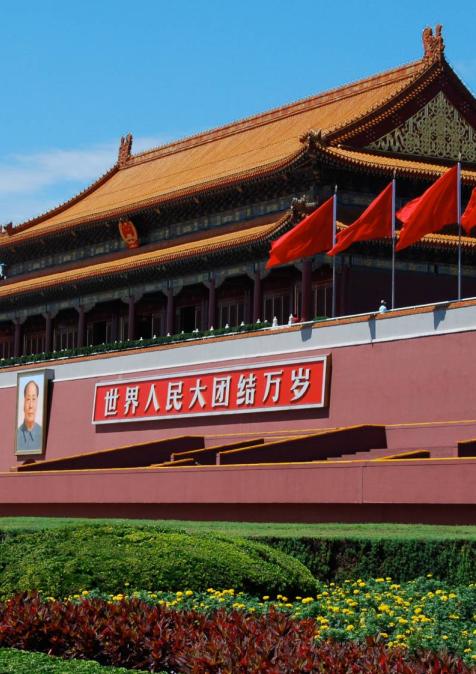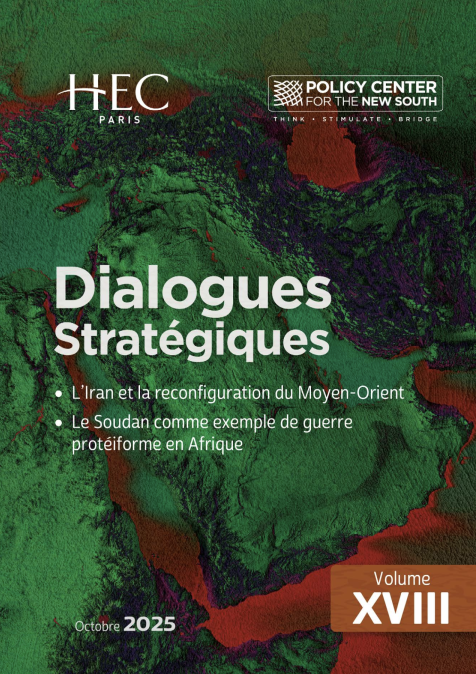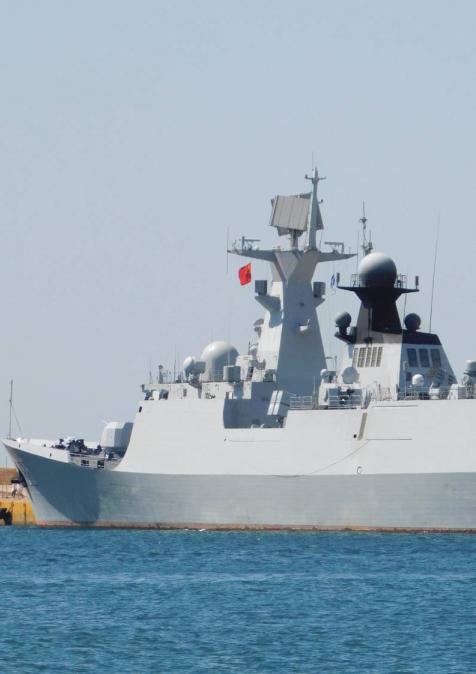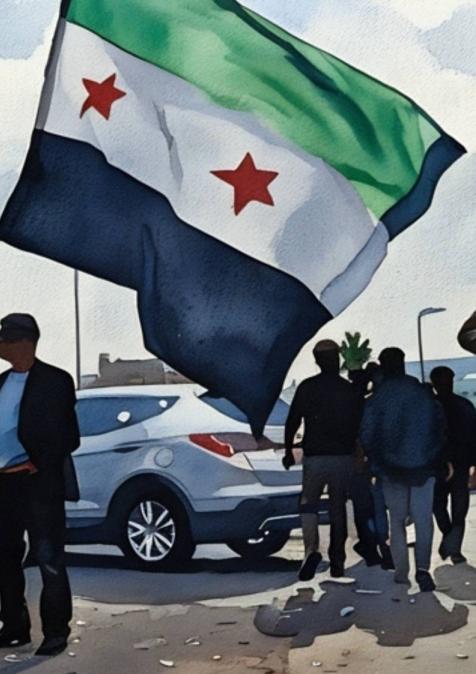Cementing the Position of a Global PowerNo doubt the news was unwelcome for Pentagon planners in Washington, who had long pressured the Venezuelan government. In August, the United States placed a $50 million bounty on the Venezuelan leader’s arrest. By late September 2025, multiple Chinese vessels, including a naval hospital ship, were detected in the Caribbean. These ships appear to be part of a broader Chinese diplomatic and military strategy in Latin America, heightening tension ...






